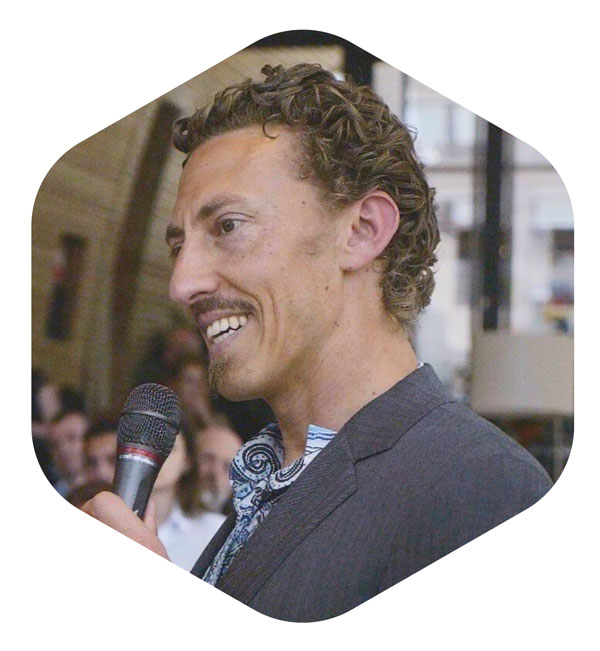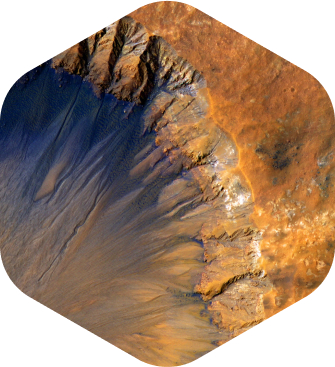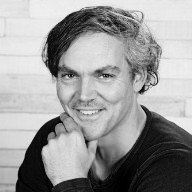Find an Expert

Yogi Hendlin
Environmental Justice
Systems Theory
Sustainability and System Design
(Bio)Semiotics
Dr. Yogi Hale Hendlin is an environmental philosopher and public health scientist. Hendlin is assistant professor at the Erasmus School of Philosophy, and core faculy of the Dynamics of Inclusive Prosperity Initiative at Erasmus University Rotterdam, as well as research associate in the Environmental Health Initiative at the University of California, San Francisco. Hendlin’s research has been published in journals such as Annals of Internal Medicine, BMJ, MMWR, American Journal of Public Health, Environmental Ethics, Ambio, and Environmental Philosophy. The international press regularly features Hendlin’s public health research.
Hendlin’s interdisciplinary and transdisciplinary research projects tackle major questions in philosophy of biology, environmental philosophy, and political philosophy. Hendlin’s epistemological inquiries into public health follow the via negativa of agnotology, comprehending the systemic transmission of ignorance.
Hendlin earned a PhD in Philosophy (magna cum laude) at the University of Kiel, Germany in 2015; holds degrees from the University of California, Berkeley, UCLA, and the London School of Economics; and held postdoctoral research fellowships at the University of Vienna and the University of California, San Francisco. Hendlin was designated a 2020 Brocher Foundation Fellow.
Current research projects focus on the monographs Industrial Epidemics: Chronic Disease and the Corporate Determinants of Health and Interspecies Politics: Valuing Difference in the Biotic Community.

Carolina Sánchez De Jaegher, PhD
Indigenous environmental thinking and land governance
Philosophies of the sub-Antarctic lands
Philosophies of the Antarctica and International law
Philosophies of sustainability
Ecocide
Ecocide conceptualizations
Energy transitions and the arts
Biosemiotics and culture
Botanic gardens, visual arts and decolonial thinking
A border thinker philosopher, she works at the junction of justice, environmental philosophy and ethics within the legal and political discourse and visual arts. Former assistant professor, research associate at the UCLouvain Belgium, department of Law philosophy, researcher at the Ecocide project/Pathways for sustainability Utrecht University, member of the BIOGOV (Institutional Analysis of Collective Arrangements for sustainability and Open Platform on Ecological and Social Transition), and fellowship at Earth Law Center 2024. Carolina is also part of the permanent board of the EMPI Interdisciplinary network for Indigenous Studies in Europe.

Daniel Kamp
A double Economics/Philosophy BA student at Erasmus University of Rotterdam. Ecology for Daniel means having meaningful differences, different practices, perspectives, and peoples, working symbiotically to create a greater whole than the sum of their parts. Daniel likes spending time in philosophy more as a practice and an art form of concepts and their histories, de-mythifying myths and mythifying science as a framework of embedding rationality back with non-propositional sense-making. He sees this as a condition to better take care of ourselves, each other and the planet. One of his recurring interests is therefore what it means to reify reasoning so that it can be outsourced to representations of it. He is currently writing on this theme through the topic of the metaphysics of money.
Daniel studied at Kyoto University and was inspired there by the focus of philosophy for well-being and mindfulness. He is planning to continue pursuing philosophy practically and is interested in projects of public philosophy and philosophy counseling as opposed to the abstract counterpart. He would like to contribute to a more holistic, health-and-community-oriented philosophy with applications to how one could re-orient their life regarding the shared inhabitation with others and the natural world that affords us. He likes spending time listening to jazz, on the mat, or outside when the Dutch weather permits.

Constantijn Kusters
Biosemiotic understanding of normativity, business ethics, systems theory, hermeneutics, temporality
A PhD candidate at Erasmus University Rotterdam and Senior Data & Risk consultant in Deloitte’s conduct & risk team. His interests lie in the intersection between a meta-ethical understanding of normativity as emergent from biological systems and business ethics. As such he tends to write about a naturalization of ethics and subjectivity from the perspective of biosemiotics, hermeneutics, and temporality.

Fernando Palazzo

Brian Khumalo
A researcher specializing in human ecology, cognitive anthropology, and biosemiotics. He holds a BA and M.Soc.Sci in Anthropology from Rhodes University in South Africa and was an Erasmus+ scholar at the Université de Lille in France, where he studied recreational fisheries management. Currently pursuing a Ph.D. in Anthropology at the University of Florida, his research spans various regions, including Tanzania, Seychelles, Solomon Islands, and South Africa. His work focuses on topics such as fishing communities, historical ecology, and primate cognition. His Ph.D. project explores food perception and choices among Western Solomon Islanders and their socio-ecological implications.

Arwen Vonck
A Master’s student of Philosophy at Erasmus University Rotterdam with a special interest in questions regarding social justice and morality. Drawing from a background of philosophy, international relations and human rights law, she approaches ethical dilemmas and societal issues from a wide-ranged point of view, seeking to offer nuanced insights into contemporary issues and advocate for positive social change.

Levi van den Bogaard
A historian and philosopher with a BA and MA in History from Utrecht University, with a strong
focus on the intersection of history and philosophy. Currently, I am a Graduate Student in Philosophy
at EUR. My work is concerned with the question of how to sustainably transform and re-enchant our
relation with ourselves and with the nonhuman, which I argue is a critical element in tackling both
the ecological crisis and the meaning crisis. My approach integrates ancient, eastern, indigenous, and
continental philosophy, 5EA cognitive science, biosemiotics, complex systems theory, and art. In my
government role as strategic advisor, I navigate the complexities of digitization and datafication, and
advocate setting clear constraints through robust data ethics, AI governance, and distributed
decision-making.
Advisory Board
Our Partners

One Planet Ports
Rotterdam, The Netherlands

Kobe Institute for Atmospheric Studies (KOIAS)
Kobe, Japan

Coming Soon
Worldwide

Coming Soon
Worldwide

